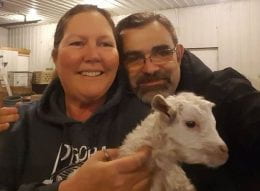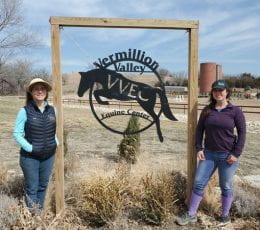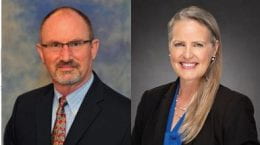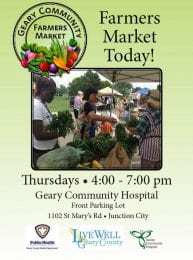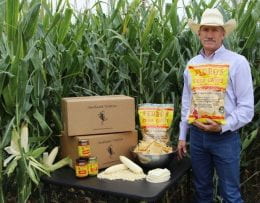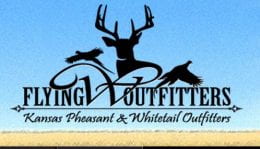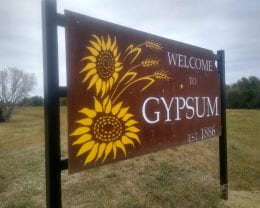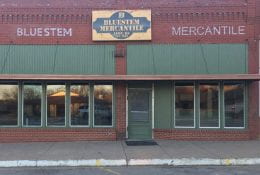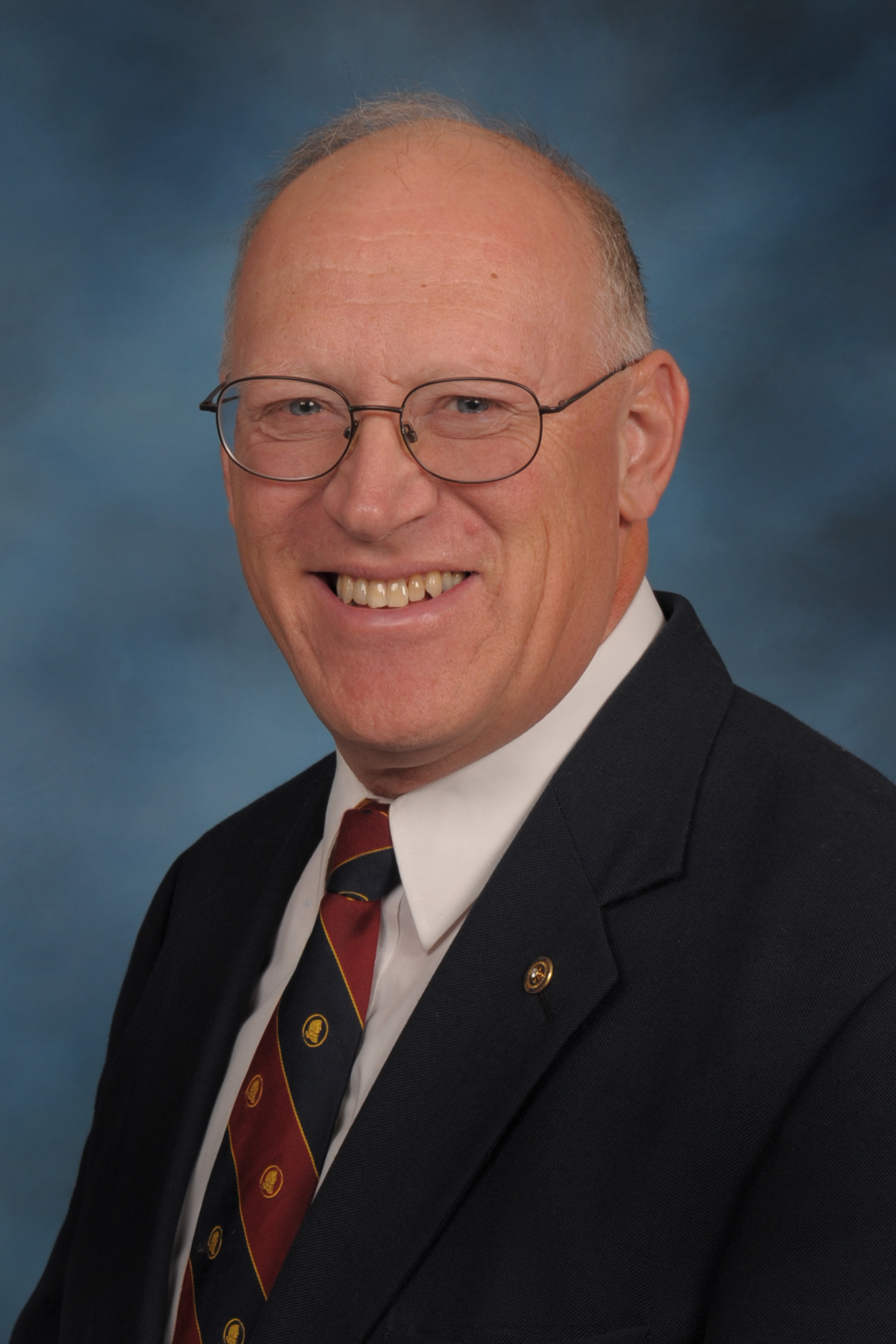By Ron Wilson, director of the Huck Boyd National Institute for Rural Development at Kansas State University.
Bullseye! That’s what we say when we hit the target right in the center. Today we’ll meet a couple of first-generation farmers who are using the name Bullseye and hitting their target of producing and marketing value-added agricultural products.
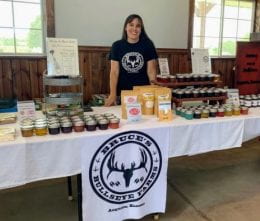
Laurie and Joel Bruce are the owners of Bruce’s Bullseye Farms near Augusta. Laurie grew up at Potwin. She met Joel while working in El Dorado, and they married, moving to follow his job in the pipeline industry.
“We came back to Kansas,” Laurie said. “This is where we wanted to put down our roots.”
Joel got a job with Kansas Gas Service. After being a stay-at-home mom, Laurie earned an education degree at Wichita State and became a teacher.
They knew they wanted to live in the country. In 2000, they bought a house and one acre in Butler County. In 2013, they bought an 80-acre tract and expanded that a few years later. Continue reading “Laurie Bruce, Bruce’s Bullseye Farms”
